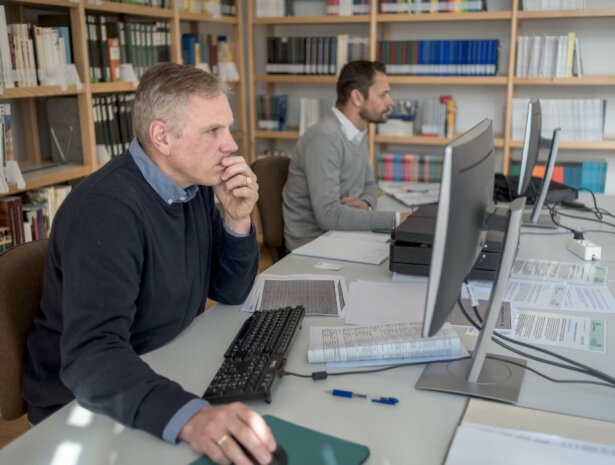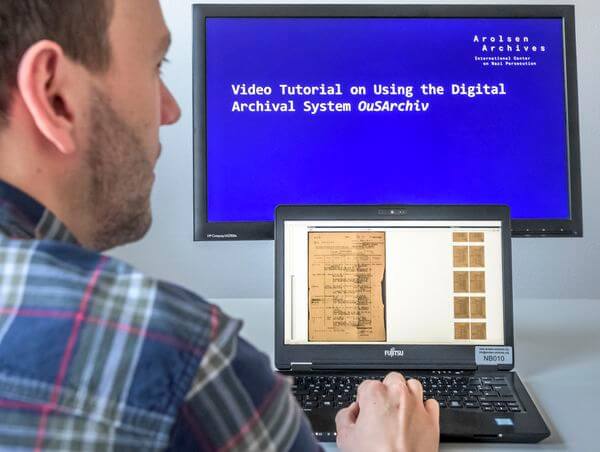Services for Researchers
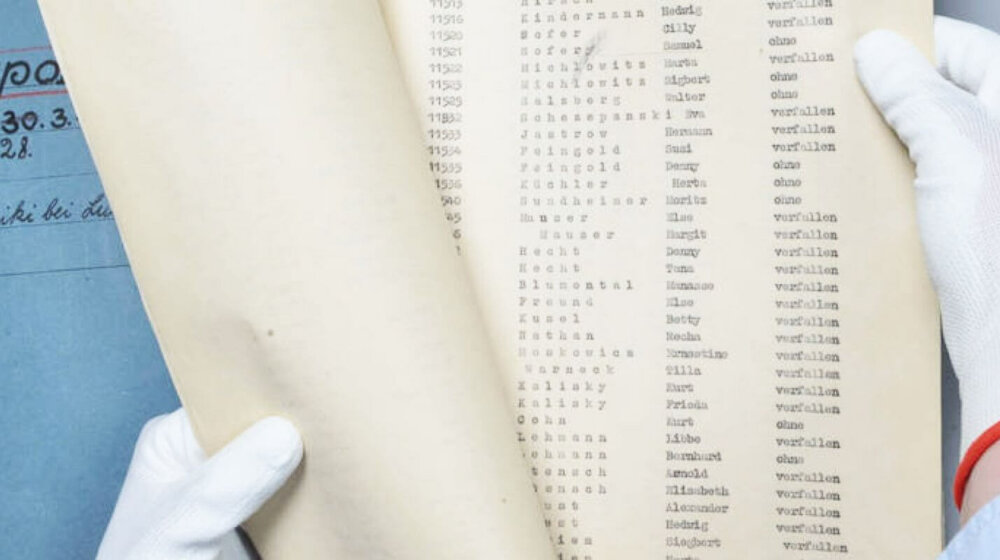
The collections of the Arolsen Archives offer great potential for researching Nazi crimes and their aftermath. People come to us with very different questions and approaches. Our users range from committed local historians who are interested in documents on individual victims of Nazi crimes or on concrete events and people in a particular place, to academic researchers interested in analyzing large amounts of data using digital humanities methods.
We work very closely with researchers and universities. These partnerships enable us to try out new methodological approaches and explore the potential of the archive. We also offer customized research seminars for students as well as seminars and workshops for young academics.
By working together with universities and students, we aim to highlight research potential and encourage academic debate on the subject of Nazi crimes.
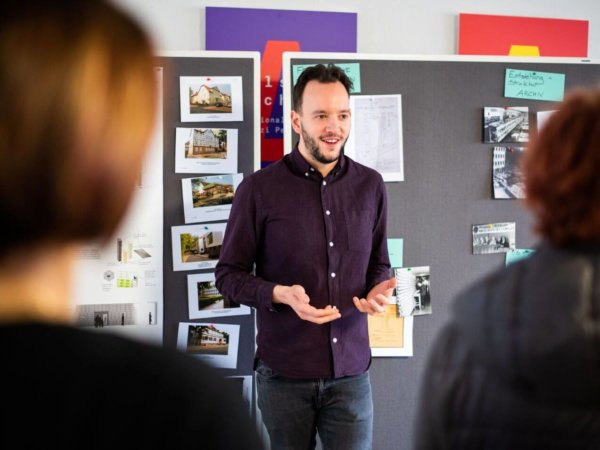
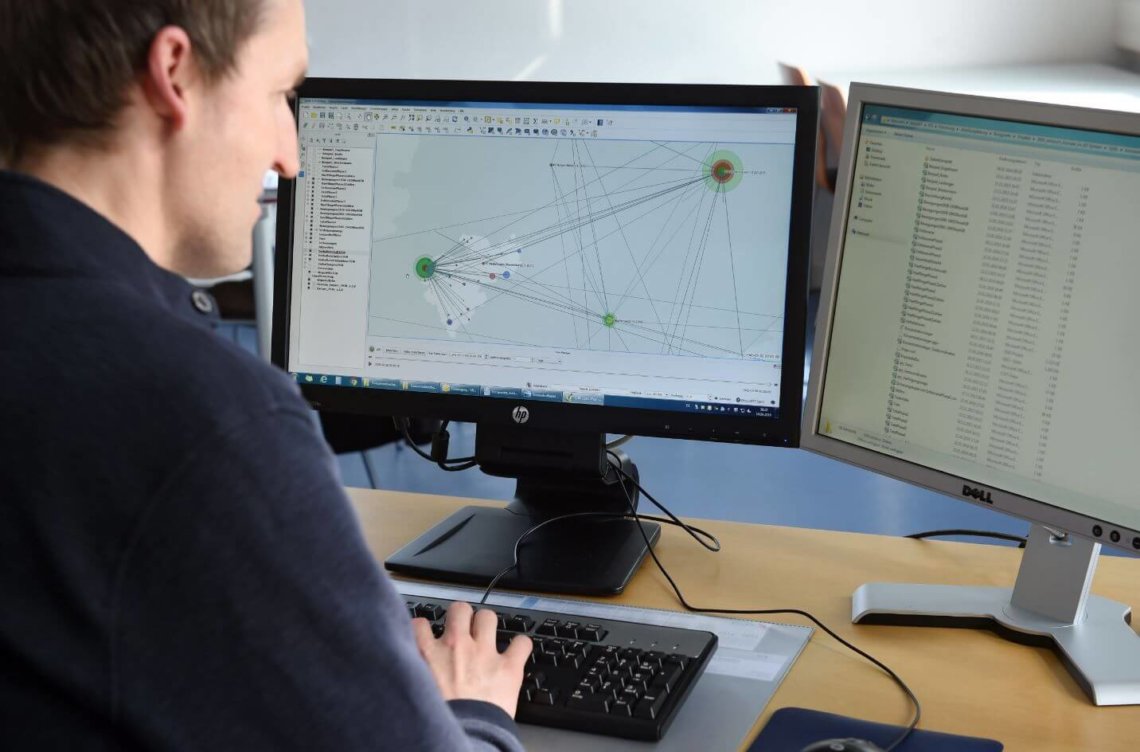
We are very interested in cooperative research projects which will enable us to try out new methodical approaches with you and explore the potential of the archive. We are happy to hold a workshop at your institute or give a lecture to your students presenting documentary and data holdings of the Arolsen Archives as well as paths of research.
We also offer special research seminars that support university teaching. Contact us if you would like to include an excursion to Bad Arolsen in your course so that the students can gain some first-hand experience of working with archive sources. We tailor the contents of the research seminar to make them suitable for the subjects you are working on and to meet your individual requirements.
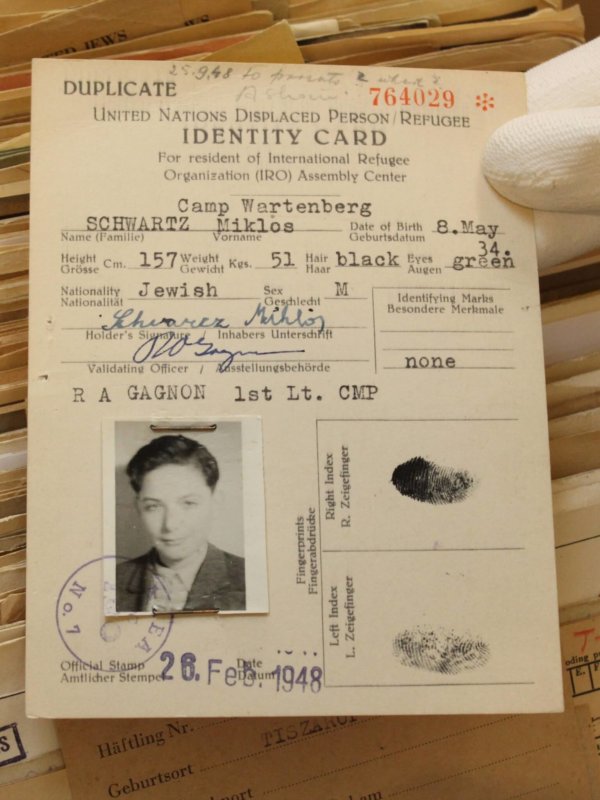

Key themes of the archive
The greatest opportunities for innovative research are offered by the key themes of the collection of the Arolsen Archives: the history of concentration camps and concentration camp prisoners in particular, police persecution at local level and the deportation of the Jewish population, the exploitation of foreign forced laborers, the care and support of Displaced Persons after 1945, the emigration and later lives of survivors, the question of compensation as well as the history of the search for missing persons and documentation of the victims.
Please contact us if you have any questions about these topics or if you are interested in developing an idea for a joint project with us.
»We have gained an insight into just how many fields of research are still open.«
Prof. Dr. Atina Grossmann, Workshop in Bad Arolsen
FAQ
In 1998, staff began the work of digitizing the documents of the Arolsen Archives. Today, about 85% of the holdings can be viewed in the database. You can access the database in the reading rooms here on site. You can also save the documents to a USB flash drive free of charge at the PCs. To safeguard against viruses, you must purchase the USB flash drive from us. To help you make the most of your time with us, we will give you introductory training on the database and on research paths when you arrive, of course. And our employees are always on hand give you tips and answer your questions.
You can work with the original documents, too, if they haven’t been digitized yet. But it takes a while to pick them out and make them available, so you need to take this into account. Ideally you should order the documents in advance of your visit.
The best way to find out more about the holdings of the Arolsen Archives is to consult the general inventory. Many millions of documents can also be viewed in our online archive already. However, the archival description of the documents is not yet sufficiently well advanced to be able to filter for names or places throughout, for example. It is only possible to find all the information available in the Arolsen Archives on a specific topic or person if you use our database in the reading room. This gives you access to other search options such as the use of the Central Name Index, for example. You can find all the information you need about visiting the Arolsen Archives at Visit us.
The Arolsen Archives are a partner institution of the EHRI project, the European Holocaust Research Infrastructure. In order to support Holocaust research, EHRI grants fellowships to researchers, archivists etc – especially to PhD candidates with limited resources. The fellowships are funded by the European Union and are open to applicants who work at an institution based in a member or associated state. EHRI scholarships include a stipend for housing and living expenses as well as travel to and from the Arolsen Archives. Details of how to apply can be found at the EHRI Fellowship Call. In partnership with other institutions, the Arolsen Archives also regularly offer two-day and three-day research seminars for young academics – these take place in Bad Arolsen as well as in other towns. Go to News and Events for the latest information.
Yes, we are happy to export complete data sets of individual sub-collections or, by arrangement, defined data set selections for innovative projects in the field of digital history. We see enormous potential in new digital methods and so we participate regularly in hackathons, for example … and are happy to support you here.

